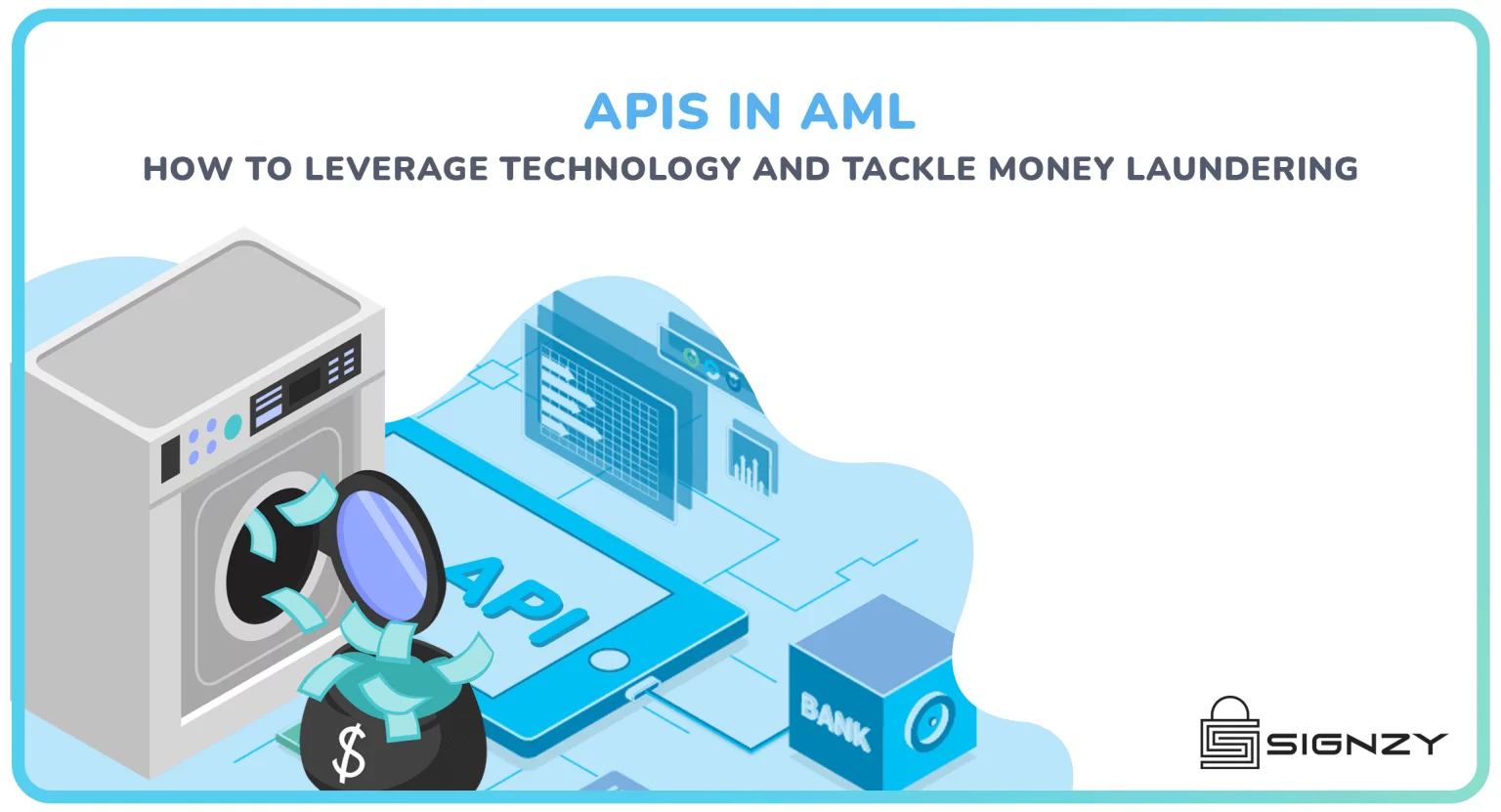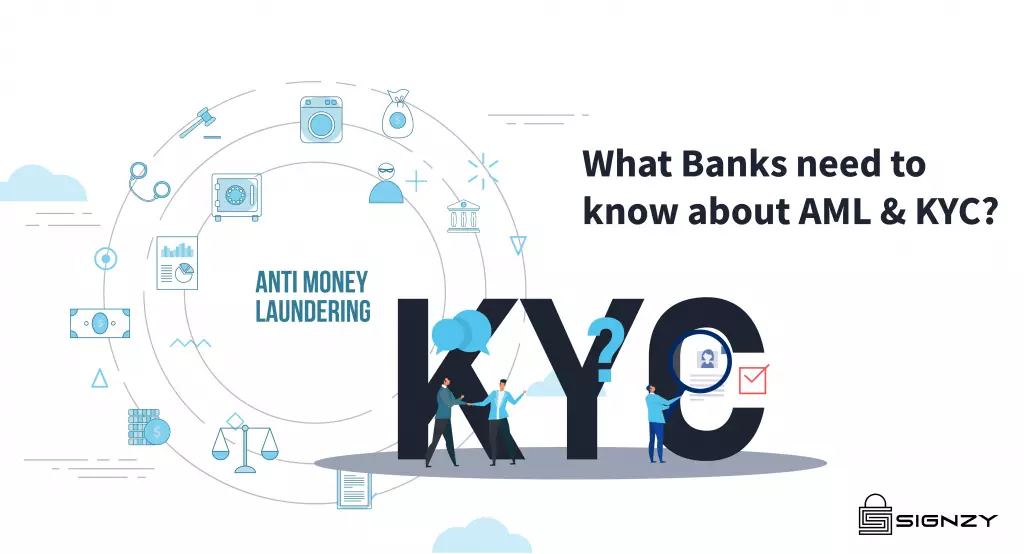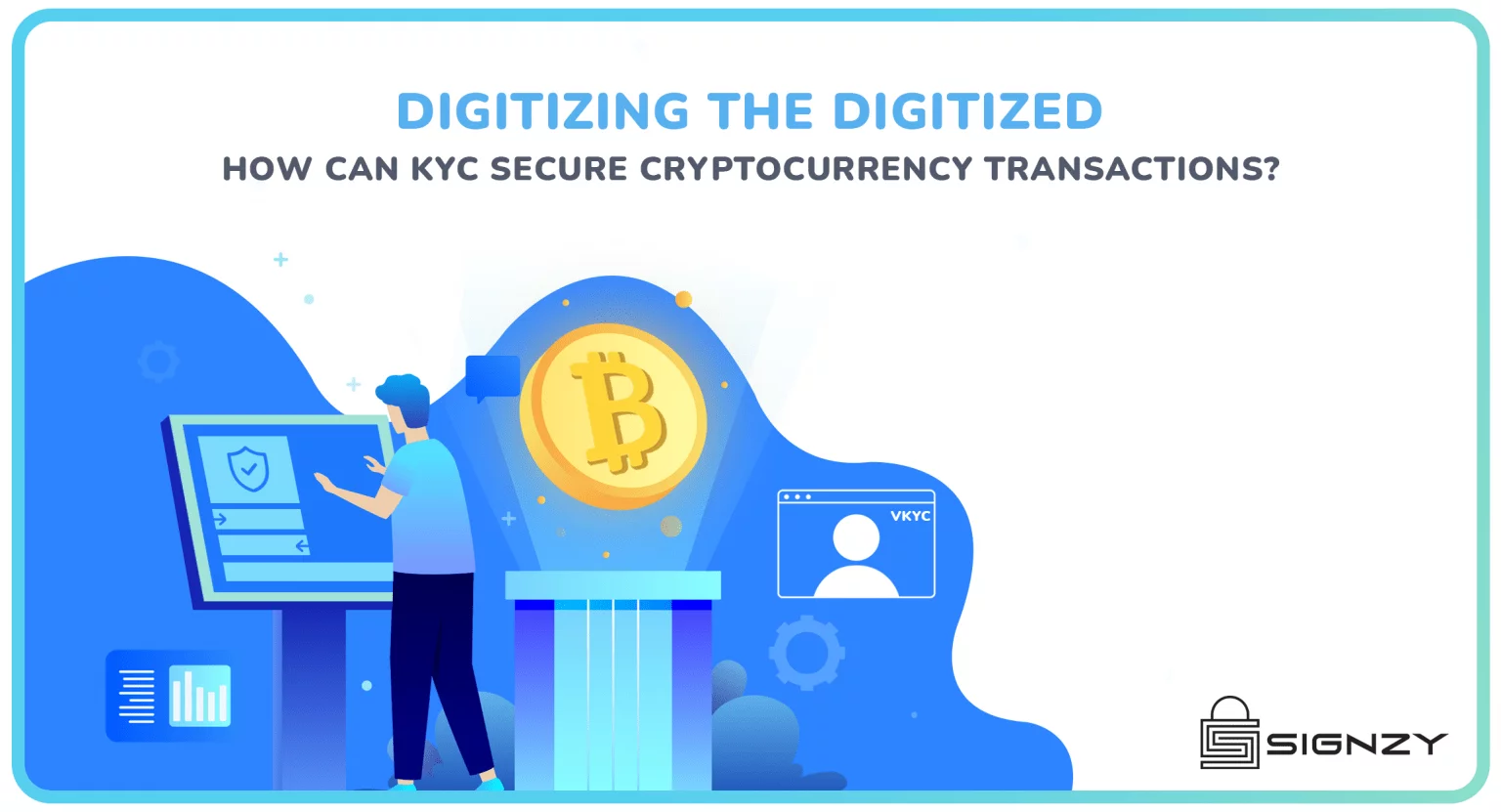Data Privacy Laws in the UAE [2025]: Everything You Need to Know
April 24, 2025
7 minutes read
- The PDPL (Personal Data Protection Law) is the UAE’s legal framework designed to protect personal data and ensure businesses handle data securely and transparently.
- The Org ID is a unique identification number assigned to your business once AML registration is approved. It’s required for all future reporting and portal access.
- Businesses can outsource reporting responsibilities to third-party consultants, but both entities must be registered on the goAML portal, and access must be officially granted.
$4.35 billion.
That’s the total amount of penalties paid by just five companies for data breaches and non-compliance with data privacy laws. Even the likes of Facebook and Amazon, with their massive cybersecurity teams, weren’t spared.
And those are just the most significant fines. There’s much more happening behind the scenes.
Now, when it comes to the UAE, things are even more critical. A data breach here can result in legal action and significant penalties. And it goes without saying, a setback in a market as competitive and high-stakes as the UAE can have long-lasting consequences for your business.
Luckily, you don’t need to navigate this alone. There are tools, practices, and platforms to help you stay compliant and secure, giving you more time to focus on growing your business.
But first, if you are looking to cover all the basics, this blog has a lot of information for you.
Let’s start right away.
What Are the Data Privacy Laws in the UAE?
The UAE has really stepped it up when it comes to data privacy. They introduced the Personal Data Protection Law (PDPL) under Federal Decree-Law No. 45 of 2021, and it officially kicked in January 2022.
Put simply, the law is about making sure personal data is handled properly, transparently, and with respect.
So, what does this mean for your business?
If you’re handling personal data in the UAE or dealing with data from UAE residents, you need to get up to speed with these regulations.
This is the first comprehensive data protection law the UAE has rolled out, and it’s a big deal because it brings the country’s approach to personal data in line with global standards like the EU’s GDPR.
What Data Privacy Rules Do Companies Need to Follow?
The Personal Data Protection Law (PDPL) mandates that businesses comply with strict rules when it comes to processing personal data. Some of the most important rules are listed below.
1. Obtain Clear Consent (Article 6)
Companies must obtain clear, explicit consent from individuals before processing their personal data. Consent should be unambiguous and recorded, ensuring the data subject knows exactly what data is being collected and for what purpose. It’s essential that businesses demonstrate they have obtained consent, as consent can be withdrawn at any time by the data subject.
2. Limit Data Collection (Article 5)
The data collected must be sufficient, relevant, and not excessive for the specified purpose. Businesses are prohibited from collecting more data than necessary. This means that organizations need to carefully assess what data is essential to meet business needs and ensure that they aren’t over-collecting.
3. Purpose Limitation (Article 5)
Personal data must be collected for specific, legitimate purposes, and must not be processed in a way that’s incompatible with those purposes. If the business intends to use the data for a different purpose later, fresh consent must be obtained.
4. Accuracy of Data (Article 7)
Businesses are required to ensure that the data they process is accurate and up to date. If any data held is inaccurate or incomplete, it must be rectified without delay. This is crucial to avoid making decisions based on incorrect or outdated information.
5. Data Security (Article 20)
Companies must implement technical and organizational measures to ensure personal data is secure. This includes protecting data against unauthorized access, accidental loss, or damage. The law mandates encryption, pseudonymization, and other security protocols to safeguard data in line with best international practices.
6. Transparency (Article 8)
Businesses must inform individuals about how their data will be processed, the purpose of the collection, and any third parties with whom the data may be shared. This ensures transparency and helps businesses build trust with data subjects. Additionally, companies must provide a way for data subjects to easily exercise their rights, such as the right to access and correct their data.
7. Data Subject Rights (Articles 13-18)
Data subjects are granted several rights, which businesses must respect:
- Right to Access (Article 13): Data subjects can request access to their personal data.
- Right to Rectification (Article 15): Data subjects can correct inaccurate data.
- Right to Erasure (Article 15): In specific circumstances, data subjects can request their data to be erased.
- Right to Restrict Processing (Article 16): Data subjects can restrict how their data is processed.
- Right to Object (Article 17): Data subjects can object to processing for direct marketing or other specific cases.
8. Data Breach Notification (Article 9)
If a data breach occurs, businesses must notify the UAE Data Office immediately and, in some instances, inform the affected data subjects. The breach report must include details of the nature of the breach, corrective actions taken, and the likely consequences of the breach.
9. Cross-Border Data Transfers (Articles 22-23)
Personal data can be transferred outside of the UAE, but only to countries that have adequate data protection laws in place. If the destination country doesn’t provide sufficient protection, businesses must implement additional safeguards, such as contracts or agreements, to ensure that data is protected.
10. Appointment of a Data Protection Officer (Article 10)
If your business handles large volumes of sensitive personal data or if automated decision-making (such as profiling) is involved, a Data Protection Officer (DPO) must be appointed. The DPO’s role is to monitor compliance, provide guidance on data protection, and act as a liaison with the UAE Data Office.
By following these rules, businesses can ensure that they are compliant with the PDPL, which is essential for maintaining trust and avoiding penalties.
Who Needs to Follow These Laws?
So, who exactly needs to be on top of the UAE’s Personal Data Protection Law? The answer is simple: pretty much anyone dealing with personal data in the UAE, regardless of whether you’re based here or operating internationally.
- Businesses processing personal data in the UAE
- International businesses processing personal data of UAE residents
- Data controllers determining data processing purposes
- Data processors handling data on behalf of others
- Free zone entities (DIFC, ADGM, DHCC)
As you can see, it’s a responsibility that spans across sectors and borders, so make sure you’re on top of it.
Risks of Non-Compliance in the UAE
Non-compliance with UAE data privacy laws not only affects your business operations but can also lead to severe financial and reputational consequences.
While specific penalties are yet to be fully defined in the PDPL, businesses can face severe fines if they violate key provisions of the law. These can be specified by the UAE Data Office once the executive regulations are issued.
Unauthorized disclosure of personal data can result in criminal charges, including fines of at least AED 20,000 and potential imprisonment for up to one year.
Choosing the Right Privacy Compliance Solution
When selecting a privacy compliance solution, businesses need to ensure that the technology they adopt not only meets regulatory standards but also integrates seamlessly with their existing infrastructure. There should be two main priorities:
- Security: A privacy compliance solution must ensure that data is protected at all stages: during transit, at rest, and during processing. It should include robust encryption, real-time monitoring, and thorough testing to safeguard against vulnerabilities.
- Scalability: As your business grows, so will the volume of data you need to manage. A scalable solution allows you to handle an increasing amount of data and users without sacrificing performance or security.
Finding a solution that covers all these aspects without juggling multiple tools can be overwhelming. This is where Signzy makes a difference.
Signzy offers end-to-end suites while ensuring complete compliance with data privacy laws. No more scrambling around for multiple APIs from different vendors. With Signzy, you get everything you need. Built-in encryption, automated consent management, and continuous security testing through our DevSecOps cycle, all packed in one solution.
FAQs
What is the PDPL?
The PDPL (Personal Data Protection Law) is the UAE’s legal framework designed to protect personal data and ensure businesses handle data securely and transparently.
How does the PDPL affect international businesses?
Any business that processes the personal data of UAE residents, regardless of location, must comply with the PDPL.
What are the penalties for non-compliance with the PDPL?
Penalties for non-compliance can include hefty fines, criminal charges, reputational damage, and legal action from data subjects.
Can businesses transfer personal data outside the UAE under the PDPL?
Yes, but only to countries that offer adequate data protection or have appropriate safeguards in place, such as contractual agreements.
Who needs to comply with the PDPL?
Any business that processes personal data in the UAE or handles the personal data of UAE residents must comply with the PDPL. This includes both local businesses and international companies offering services to UAE residents, regardless of their physical location.














